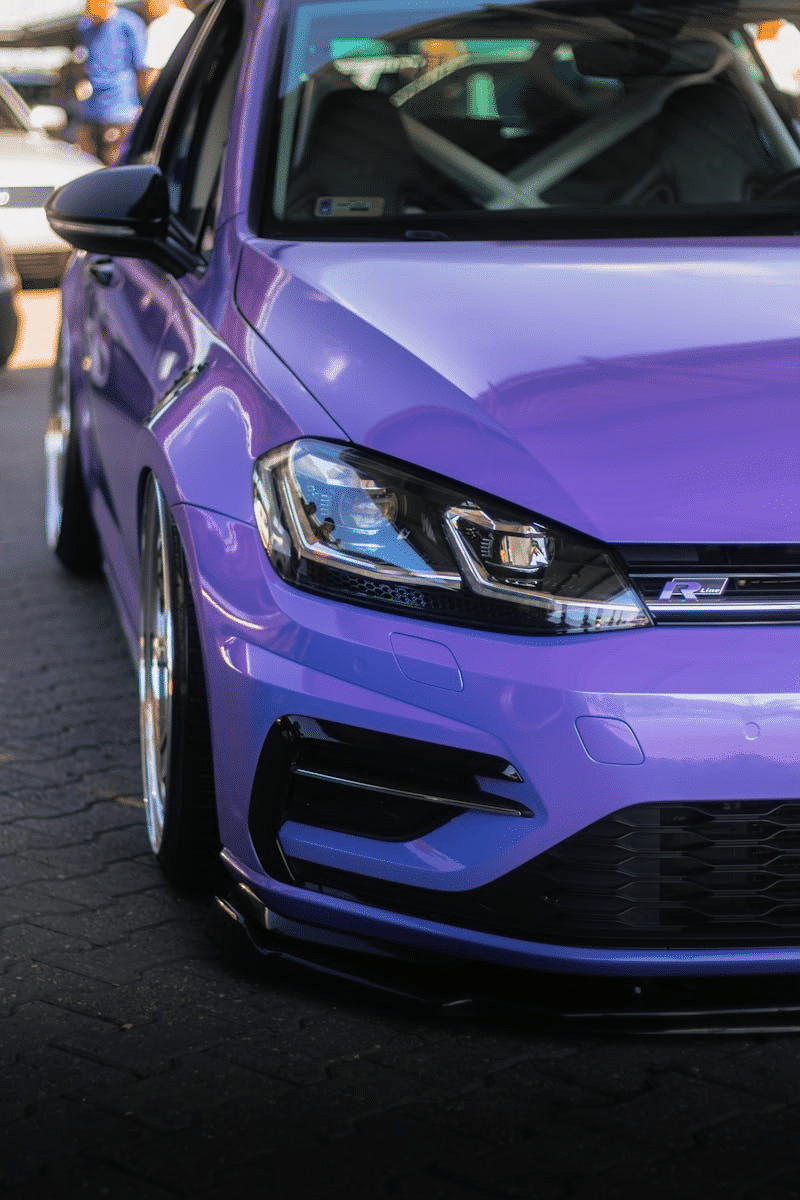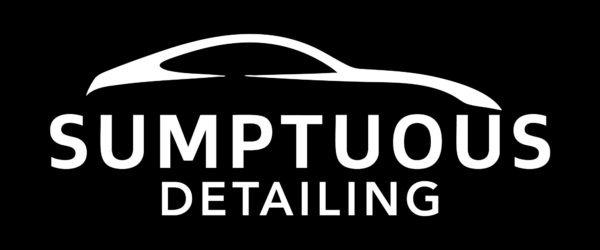Ceramic Coating vs. PPF: Which Paint Protection Is Right for Your Car?
Both ceramic coatings and paint protection film (PPF) protect and preserve your vehicle’s finish—but they do it in different ways. If you drive in and around Atlanta (I-85, 400, Peachtree, Buckhead/ Midtown traffic), here’s a clear, no-fluff guide to choosing the right protection for your use case and budget.
Quick Definitions
- Ceramic Coating: A liquid, nano-ceramic layer that chemically bonds to clear coat. Delivers slickness, UV/chemical resistance, and easier washing.
- PPF (Paint Protection Film): A thick, optically clear urethane film applied to paint. Absorbs impacts from rock chips and has self-healing properties for light swirls.
Head-to-Head Comparison
| Feature | Ceramic Coating | PPF (Paint Protection Film) |
|---|---|---|
| Primary Benefit | Chemical/UV resistance, slickness, gloss, easier cleaning | Physical impact defense (rock chips, road rash), self-healing of light marring |
| Thickness | Microns (very thin, semi-permanent) | ~8–10 mil (much thicker, sacrificial layer) |
| Rock Chip Protection | ⚠️ Minimal | ✅ Excellent |
| Swirl/Scratch Resistance | Good against micro-marring with proper wash technique | Very good; top layers self-heal light swirls with heat/sun |
| Hydrophobics | ✅ Excellent water beading & easy maintenance | Good; can be top-coated with ceramic for extra slickness |
| Visual Finish | Deep gloss, “glass-like” look | Near-invisible when installed well; edges may be faint on close inspection |
| Lifespan | ~2–5+ years (professional systems & care) | ~5–10 years (quality film & care) |
| Maintenance | Low—proper wash/dry, periodic topper | Low—wash/dry; avoid harsh chemicals; ceramic topcoat optional |
| Cost (Relative) | $$ (whole vehicle) | $$–$$$$ (panel/partial to full body) |
| Best Use | Daily drivers wanting shine + easy clean, city pollen/bugs, chemical resistance | High-impact zones (front bumper/hood/fenders/mirrors/rockers) or track/highway use |
Which Should You Choose?
Choose Ceramic Coating if you want…
- Long-lasting gloss and a slick, easy-to-clean surface
- Protection from UV, etching, road film, and Atlanta’s pollen grime
- Lower overall cost than full-body film
Explore options: Ceramic Coating
Choose PPF if you want…
- Maximum defense against rock chips and pitting
- Self-healing for light wash marring
- Targeted protection on high-strike areas or full-body coverage
Pro Strategy: Hybrid Protection (Best of Both)
For Atlanta driving, the highest ROI is often a hybrid: PPF on high-impact panels (front bumper, partial/full hood, fender fronts, mirror caps, rocker panels) and a ceramic coating over the rest of the vehicle—and on top of the film—for unified gloss, easier cleaning, and superior all-around protection.
FAQ
Can you apply ceramic coating on top of PPF?
Yes. Coating enhances hydrophobics and cleaning on film, while the film handles impacts. It’s a common, recommended stack.
Will ceramic coating stop rock chips?
No. Coatings resist chemicals and minor marring but do not absorb high-energy impacts—PPF does.
Does PPF change the look of my paint?
Quality films are optically clear and virtually invisible. Matte films can create a satin “stealth” finish by design.
What’s the maintenance like?
Both options are low-maintenance with proper washing. Coatings bead water aggressively; PPF benefits from occasional toppers or a ceramic overlayer for extra slickness.
Which costs more?
Panel-by-panel PPF is typically pricier than coating because it uses material and precision installation time. Many clients film the front and coat the rest for balanced cost and protection.
Ready to Protect Your Finish?
Get tailored recommendations for your route, parking, and driving style. Schedule or call 770-609-0138. Visit Sumptuous Mobile Detailing & Ceramic Coatings.

Ceramic coating and car detailing.
